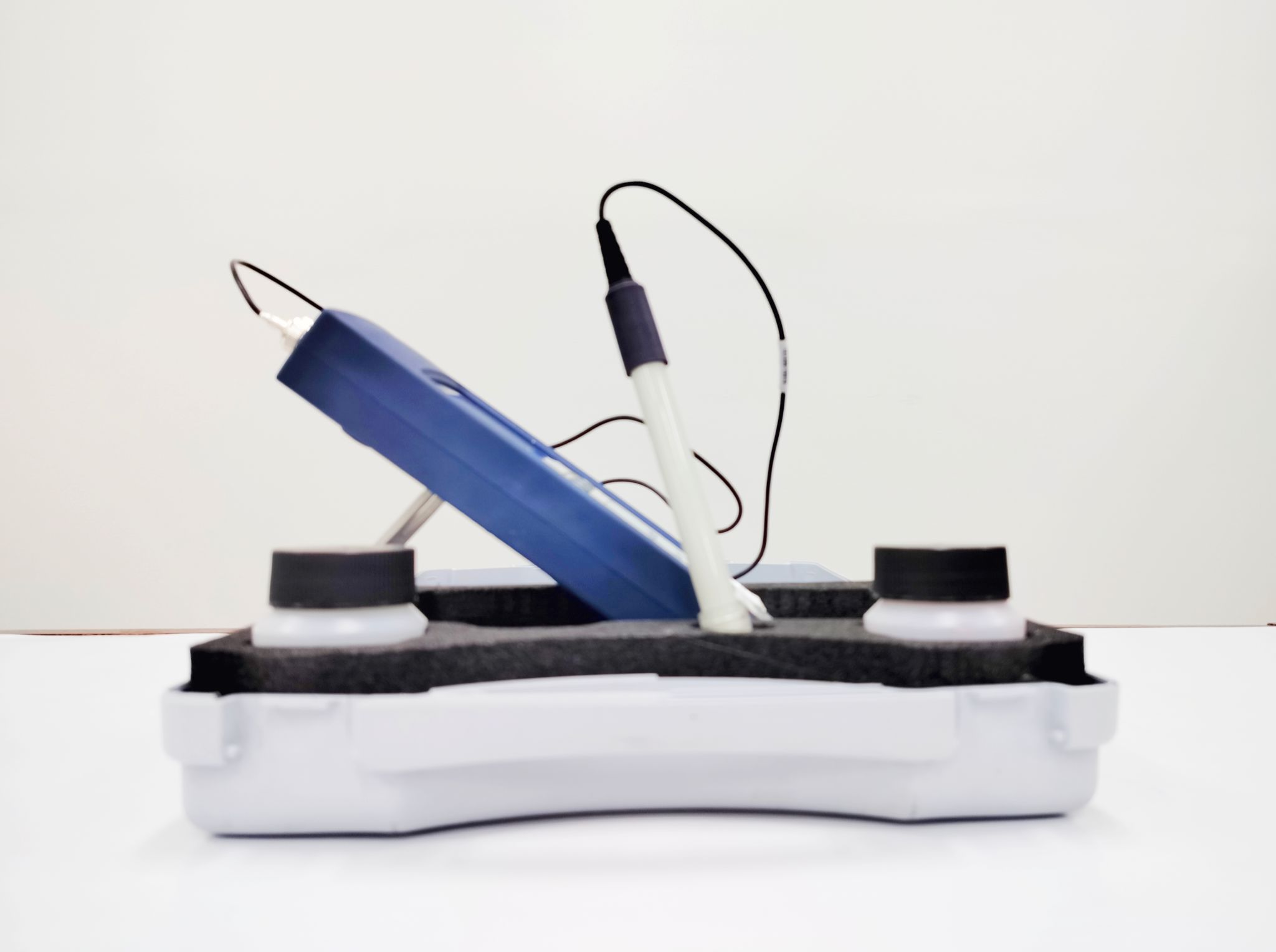Understanding the Legal Requirements of Mobile Drug Testing in the United States
Introduction to Mobile Drug Testing
Mobile drug testing has become an increasingly popular option for employers and organizations looking to maintain a drug-free environment. This innovative approach offers the convenience of on-site testing, reducing the time and resources needed for employees or participants to travel to a laboratory. However, understanding the **legal requirements** associated with mobile drug testing in the United States is crucial for compliance and effectiveness.
In this post, we will explore the key legal considerations that businesses and organizations must be aware of when implementing mobile drug testing. From federal regulations to state-specific laws, navigating this landscape is essential for avoiding legal pitfalls and ensuring accurate results.

Federal Regulations Governing Drug Testing
The **Department of Transportation (DOT)** sets forth regulations that apply to certain industries, such as transportation and safety-sensitive positions. For these sectors, compliance with DOT drug testing rules is mandatory. These regulations stipulate specific procedures for testing, including types of tests required and substances screened.
Additionally, the **Americans with Disabilities Act (ADA)** plays a role in shaping drug testing policies. While the ADA does not directly regulate drug testing, it prohibits discrimination against individuals with disabilities, which can extend to how drug tests are administered and the handling of results.

State-Specific Drug Testing Laws
Beyond federal mandates, each state in the U.S. may have its own set of laws and guidelines regarding drug testing. Some states require that employers have a written policy in place before conducting tests, while others mandate specific employee notification procedures.
It is vital for employers to **research state regulations** where they operate to ensure compliance. In some states, laws may dictate when and how tests can be conducted, the privacy of test results, and even the permissible actions following a positive test result.
Privacy and Confidentiality Concerns
Maintaining the privacy and confidentiality of individuals undergoing mobile drug testing is a significant legal requirement. Employers must ensure that test results are kept confidential and shared only with authorized personnel.
Furthermore, tests should be conducted in a manner that respects the privacy of the individual being tested. This includes securing any data related to the testing process and ensuring that all legal protocols for handling sensitive information are followed.

The Role of Consent
Another important legal aspect of mobile drug testing is obtaining proper consent from individuals prior to testing. In many jurisdictions, individuals must be informed about the testing process and provide their explicit consent before a test can be administered.
This consent process typically involves informing employees or participants about the purpose of the test, what substances will be screened for, and any potential consequences of a positive result. Ensuring that this information is clear and transparent helps protect both the individual’s rights and the organization from potential legal issues.
Conclusion: Best Practices for Compliance
To successfully implement mobile drug testing within legal frameworks, businesses should adhere to several best practices. These include developing a comprehensive drug testing policy, staying informed about federal and state laws, and training personnel involved in the testing process.
By taking these steps, organizations can effectively manage their drug testing programs while minimizing legal risks. Ensuring compliance not only helps protect the business but also fosters a safe and productive workplace environment.
